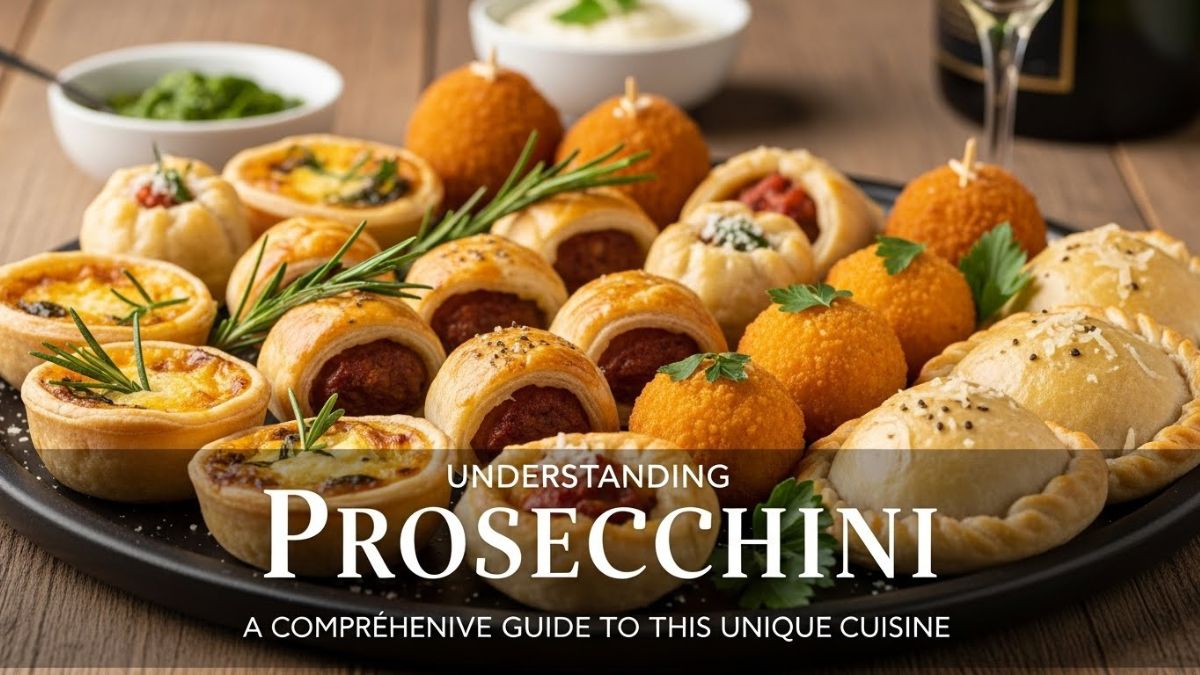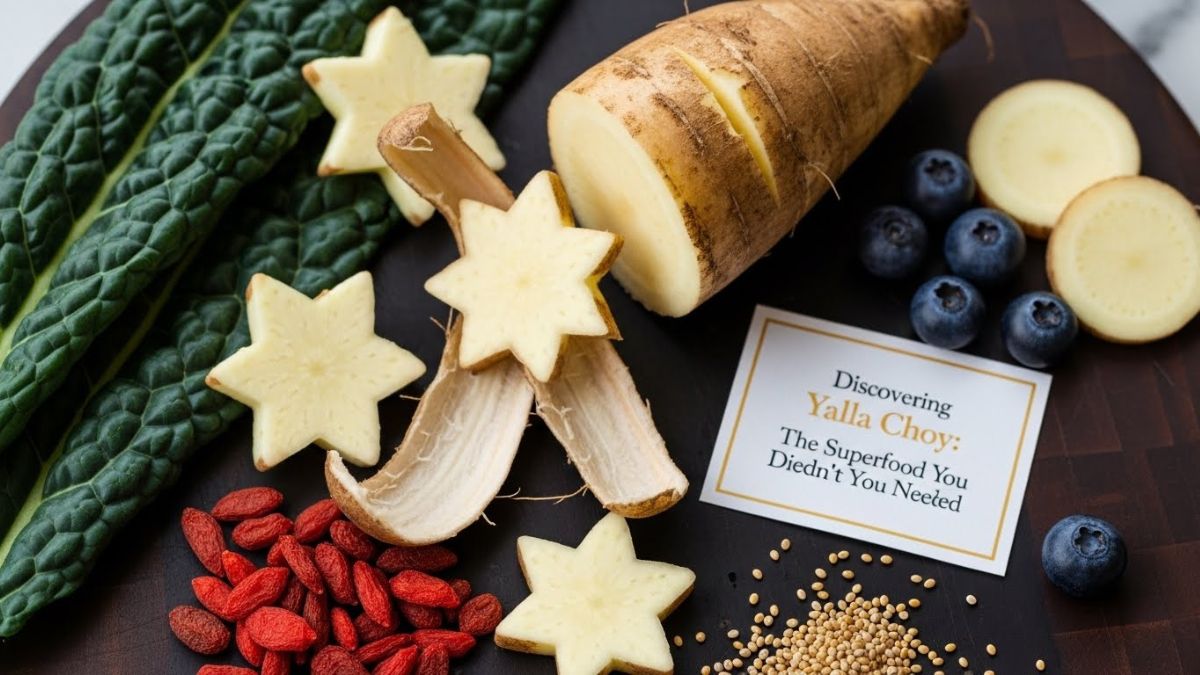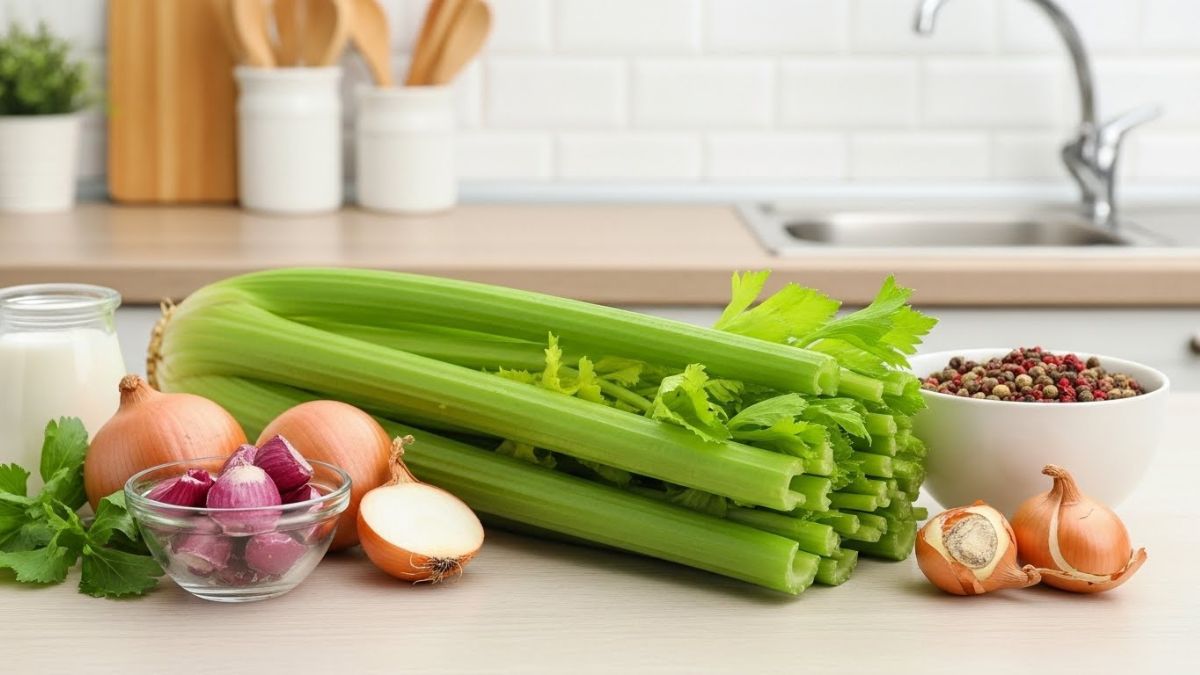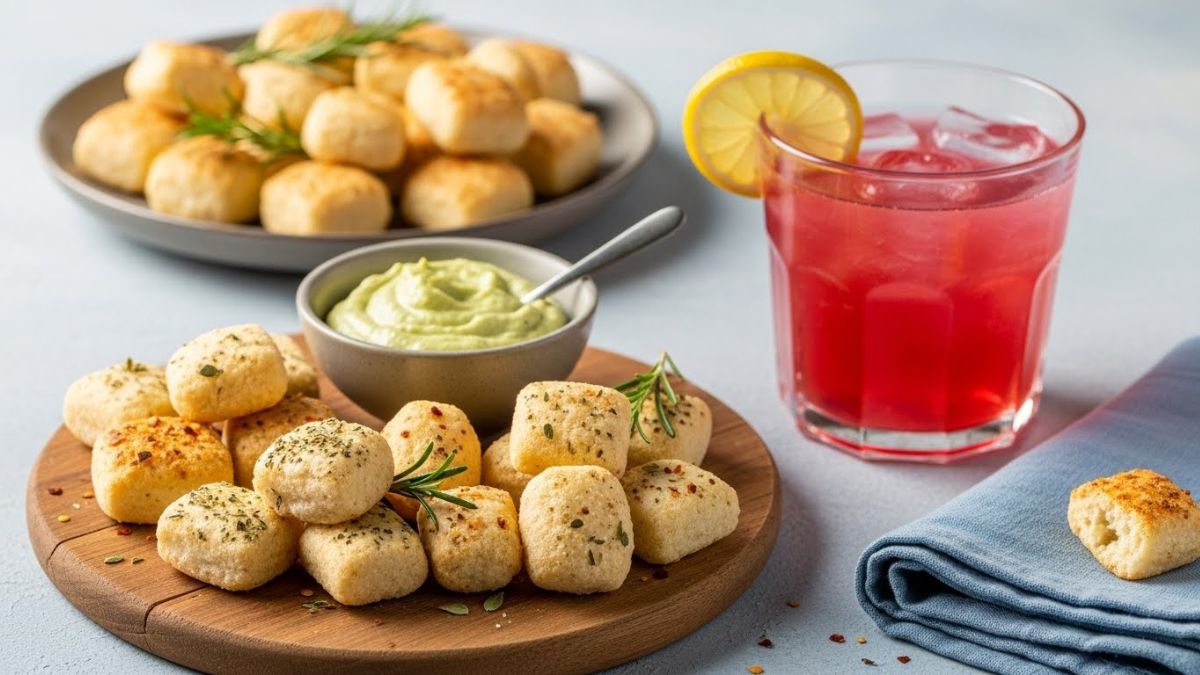Liqueurs are among the most versatile and delightful spirits, offering a blend of sweet flavors, fragrant aromas, and unique textures. Whether enjoyed on their own, mixed into cocktails, or used to add flair to desserts, liqueurs hold a special place in the world of beverages. In this article, we’ll explore what makes liqueurs so special, their history, types, production process, and how to savor them best.
What Is Liqueur?
Liqueur is a type of distilled spirit flavored with various ingredients such as fruits, herbs, spices, flowers, nuts, or even cream. Unlike other spirits, liqueurs are sweetened, making them an excellent choice for those who prefer a sweeter drink.
A Brief History of Liqueurs
The history of liqueurs dates back to ancient times when monks and alchemists created herbal concoctions for medicinal purposes. Over centuries, these recipes evolved into the flavorful spirits we know today. Iconic liqueurs like Benedictine and Chartreuse have their roots in monastic traditions, blending history and taste in every sip.
How Liqueurs Are Made
Creating liqueurs involves a meticulous process that combines science and artistry. Here’s how it works:
- Base Spirit: A neutral or flavored distilled spirit forms the foundation.
- Flavor Infusion: Ingredients like fruits or herbs are macerated or distilled to extract their flavors.
- Sweetening: Sugar or syrup is added to balance the flavors.
- Aging (Optional): Some liqueurs are aged to enhance their complexity.
Popular Types of Liqueurs
Liqueurs come in a wide range of flavors, each catering to different tastes. Here are some of the most popular types:
- Fruit Liqueurs: Made with real fruits like oranges (e.g., Cointreau) or cherries (e.g., Maraschino).
- Herbal Liqueurs: Infused with a variety of herbs, such as Chartreuse or Jägermeister.
- Nutty Liqueurs: Include flavors like almond (Amaretto) or hazelnut (Frangelico).
- Cream Liqueurs: Combine cream with flavors, such as Baileys Irish Cream.
The Difference Between Liqueurs and Liquors
Though they sound similar, liqueurs and liquors are distinct. Liquors are distilled spirits like vodka, whiskey, or gin, whereas liqueurs are sweetened spirits with added flavors. Think of liquors as the base and liqueurs as the dressed-up version.
How to Enjoy Liqueurs
There’s no one right way to enjoy liqueurs. Here are a few ideas:
- Straight: Savor them neat or on the rocks for an unaltered flavor experience.
- Cocktails: Liqueurs are key ingredients in classics like Margaritas, White Russians, and Mai Tais.
- Desserts: Use liqueurs to flavor cakes, truffles, or even ice cream.
Pairing Liqueurs with Food
Pairing liqueurs with food enhances both the drink and the dish. For example, a citrusy liqueur like Grand Marnier complements seafood, while a rich chocolate dessert pairs perfectly with Baileys Irish Cream.
The Art of Making Cocktails with Liqueurs
Liqueurs are indispensable in the world of mixology. They add depth and complexity to cocktails. Popular recipes include:
- Espresso Martini: A rich mix of coffee liqueur and vodka.
- Mimosa Twist: Orange liqueur with champagne and orange juice.
- Minty Mojito: Fresh mint, lime, and mint liqueur for a refreshing sip.
Unique Liqueurs from Around the World
Every culture has its own unique liqueur tradition. Here are a few examples:
- Italy: Limoncello, a bright lemon-flavored liqueur.
- France: Crème de Cassis, made from blackcurrants.
- Japan: Umeshu, crafted from Japanese plums.
Health Benefits of Liqueurs (In Moderation)
When consumed responsibly, some liqueurs offer mild health benefits due to their herbal or fruit ingredients. For instance, herbal liqueurs may aid digestion, while fruit-based ones provide antioxidants.
How to Store Liqueurs Properly
To preserve the quality of liqueurs, store them in a cool, dark place. Cream liqueurs should be refrigerated after opening to maintain their texture and flavor.
Choosing the Right Glassware for Liqueurs
Glassware matters when serving liqueurs. Use small liqueur glasses for neat servings, while cocktails can be served in martini or highball glasses depending on the recipe.
Trendy Liqueurs to Try
Modern tastes have brought innovative liqueurs to the market. Look for flavors like salted caramel, hibiscus, or even chili-infused liqueurs for something out of the ordinary.
Tips for Hosting a Liqueur Tasting Party
Hosting a liqueur tasting is a fun way to explore different flavors. Provide small servings of various liqueurs, along with palate cleansers like crackers or water, to fully appreciate each one.
Conclusion
Liqueurs are a testament to the creativity and craftsmanship of the spirits world. Whether you’re a seasoned enthusiast or new to the category, there’s always something new to discover. So next time you’re looking to elevate your drink or dessert game, reach for a bottle of your favorite liqueur and enjoy its delightful flavors.
FAQs
What is the best way to serve liqueurs?
Serve liqueurs neat, on the rocks, or in cocktails depending on your taste preferences.
Are liqueurs gluten-free?
Many liqueurs are gluten-free, but always check the label to be sure.
Can I use liqueurs in cooking?
Yes, liqueurs add incredible flavor to desserts, sauces, and marinades.
How long do liqueurs last after opening?
Most liqueurs last up to two years when stored properly. Cream liqueurs should be refrigerated and used within six months.
What’s the difference between liqueurs and cordials?
The terms are often used interchangeably, but in some regions, “cordial” refers to non-alcoholic sweetened drinks.















